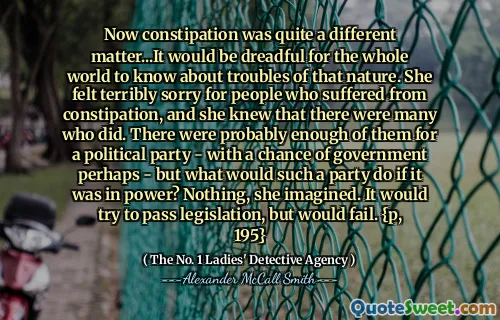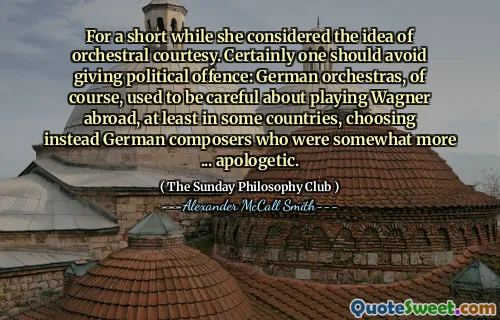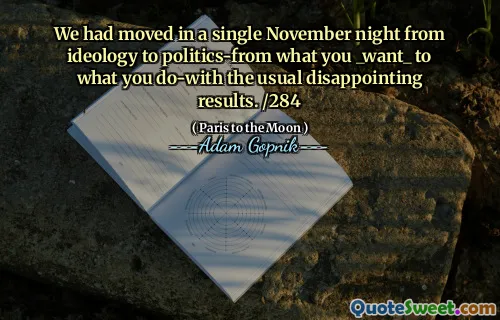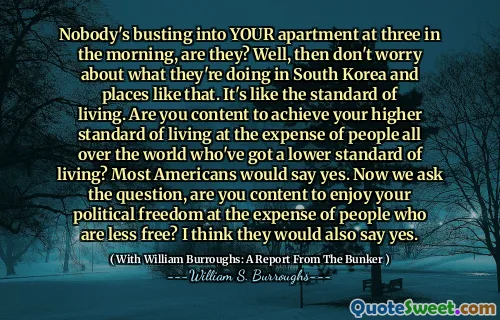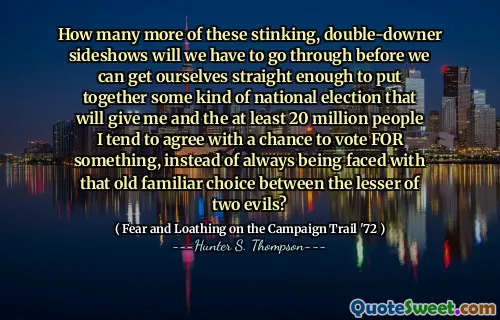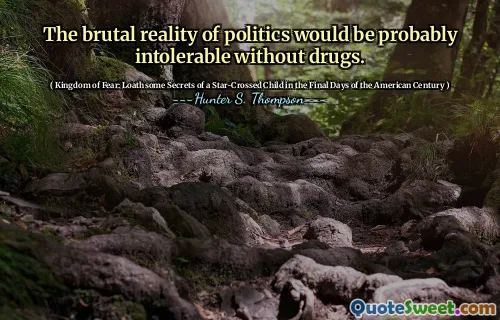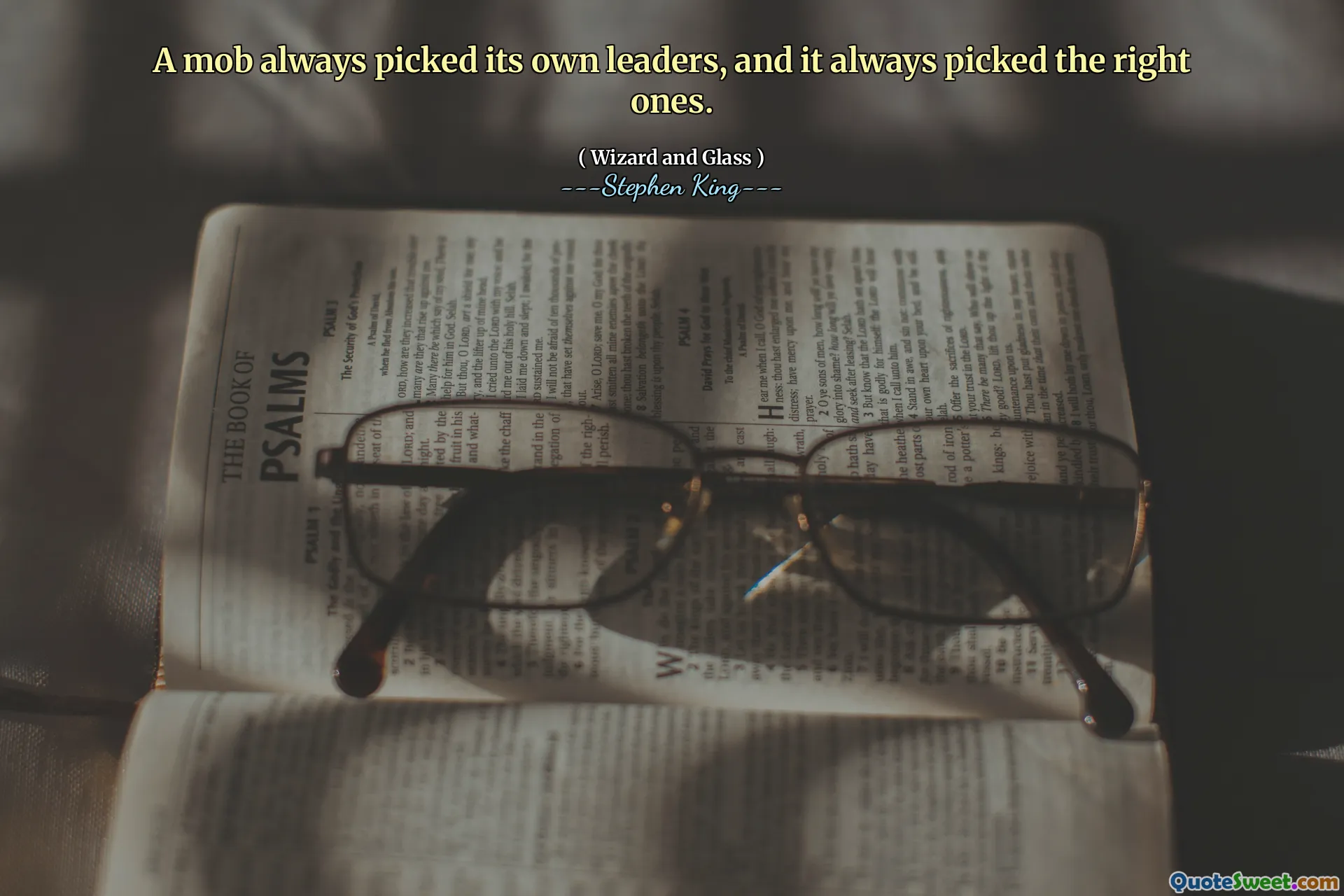
A mob always picked its own leaders, and it always picked the right ones.
This quote highlights the spontaneous and intuitive nature of collective decision-making within crowds. It suggests that, despite the apparent chaos or lack of formal processes, groups tend to choose leaders who best represent their values, needs, or perspectives. When individuals come together as a collective, their choices often reflect a shared instinct or wisdom, even if those choices seem unpredictable or irrational at first glance. This phenomenon can be observed in various historical and social contexts where the popular vote or public opinion leads to the rise of figures who resonate deeply with the majority.
From a psychological perspective, groups can often amplify certain traits or sentiment, leading to consensus that might seem serendipitous or fateful. It is also worth noting that this idea emphasizes the importance of understanding crowd psychology and the organic nature of leadership emergence at the grassroots level. While formal institutions and hierarchies are designed to select capable leaders through deliberate processes, the collective instinct often proves surprisingly effective in the tumult of mass decision-making.
In 'Wizard and Glass' by Stephen King, this reflection on leadership and collective intuition underscores the complex dynamics of society where communal choice can serve as a powerful force, sometimes more genuine than top-down selection. It’s a reminder that amidst chaos, there can be innate wisdom within groups that guides them toward the right leaders—those who truly embody their hopes or fears.
Appreciating this aspect of social behavior allows us to better understand how to harness collective intelligence and acknowledge the underrated power of grassroots decision-making in shaping history, politics, and social progress.

